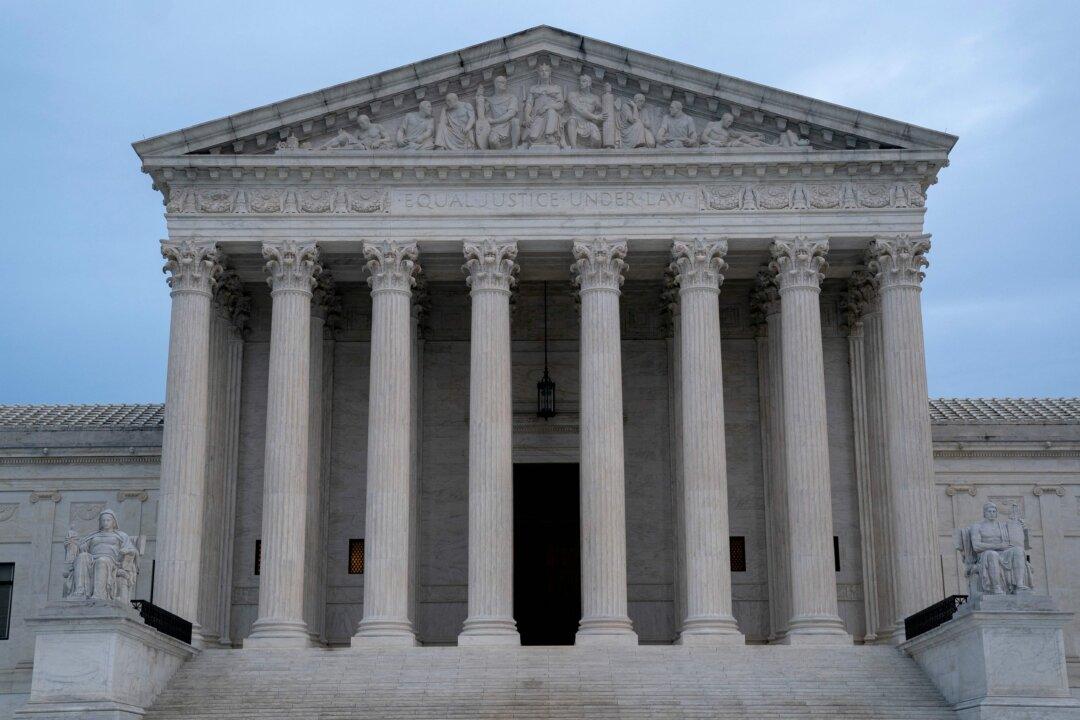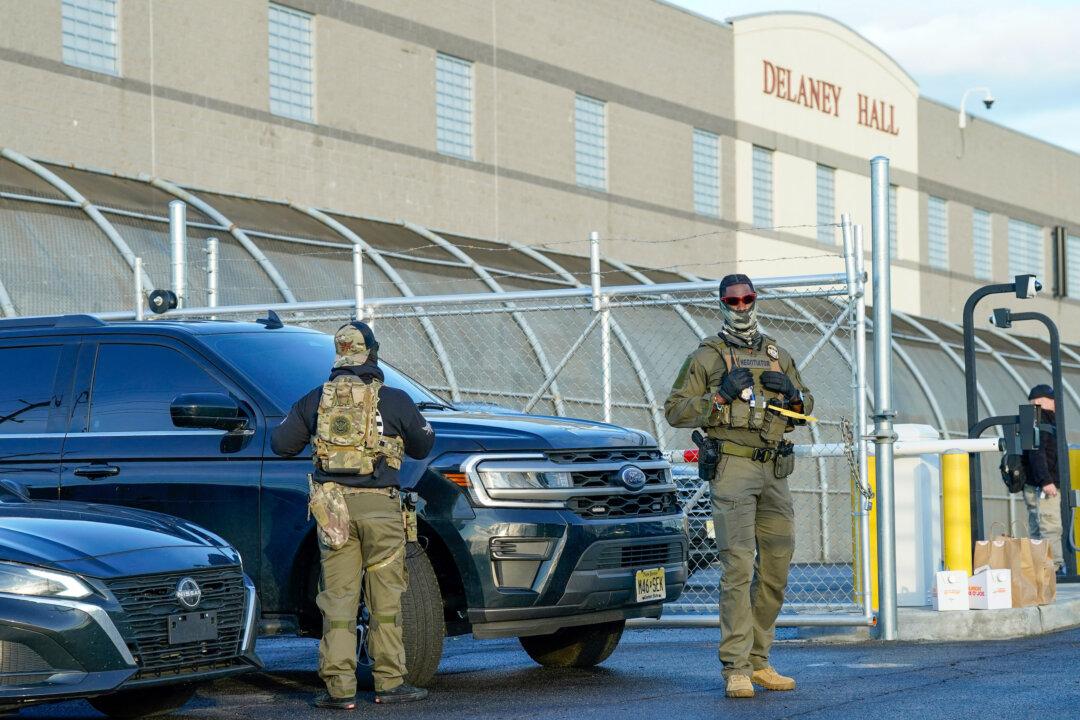After the Biden administration asked it to do so, on Feb. 16 the Supreme Court canceled highly anticipated upcoming arguments over the fate of the pandemic-era Title 42 policy that allows the rapid expulsion of would-be migrants at the border.
Oral arguments in the case, Arizona v. Mayorkas, court file 22-592, had been scheduled for March 1. The new one-sentence entry on the court’s docket says the case is “removed from … the argument calendar,” without explanation or any indication of how the justices voted on the matter.





